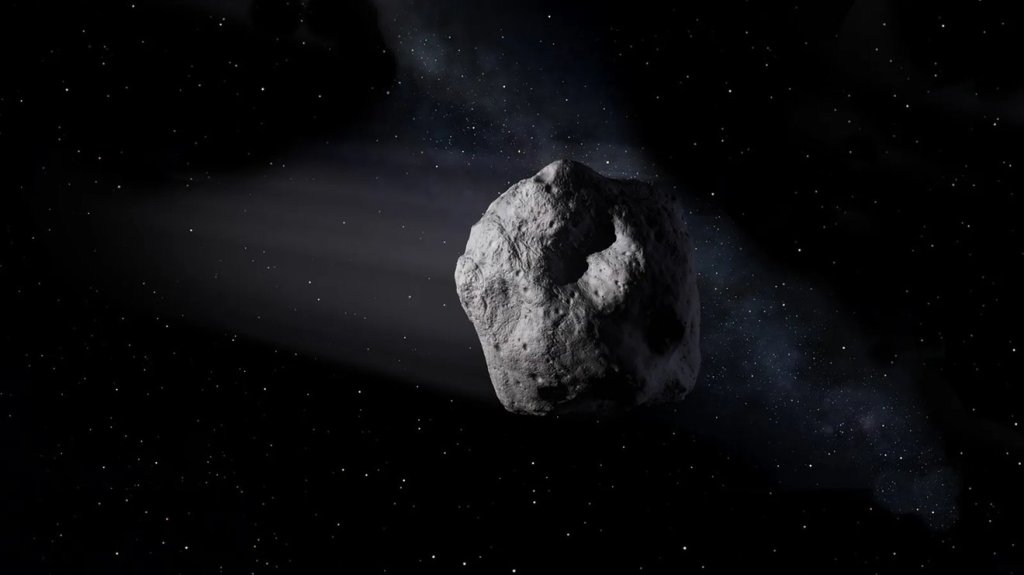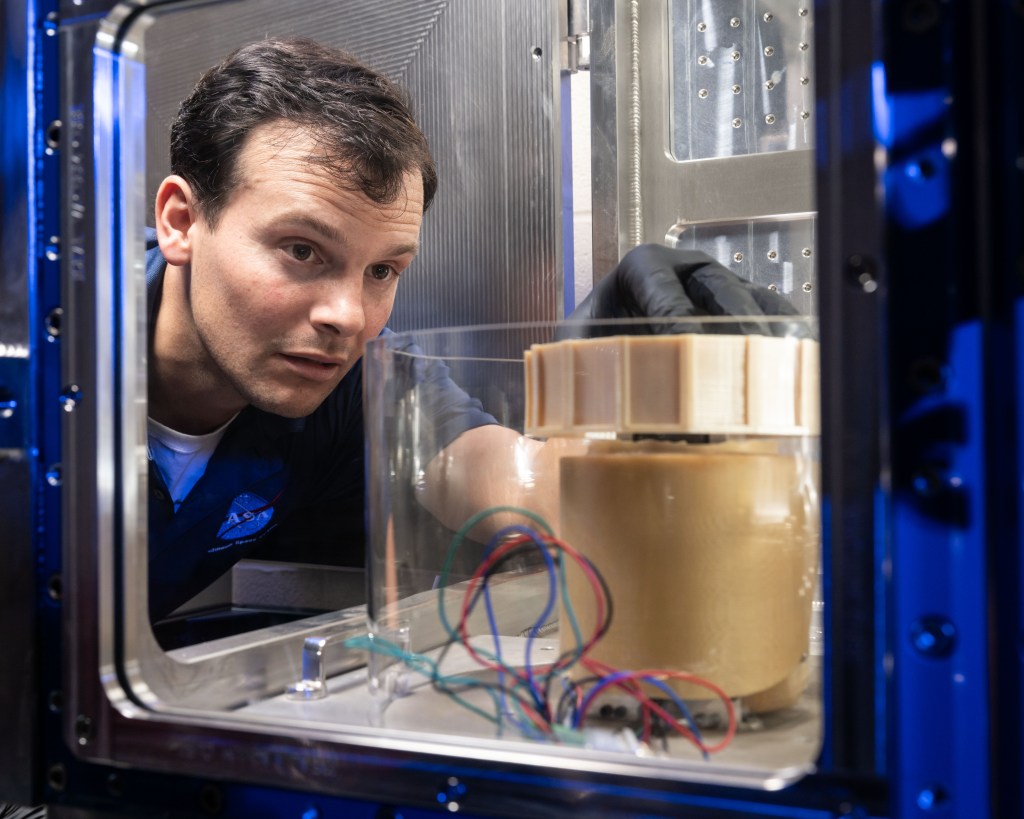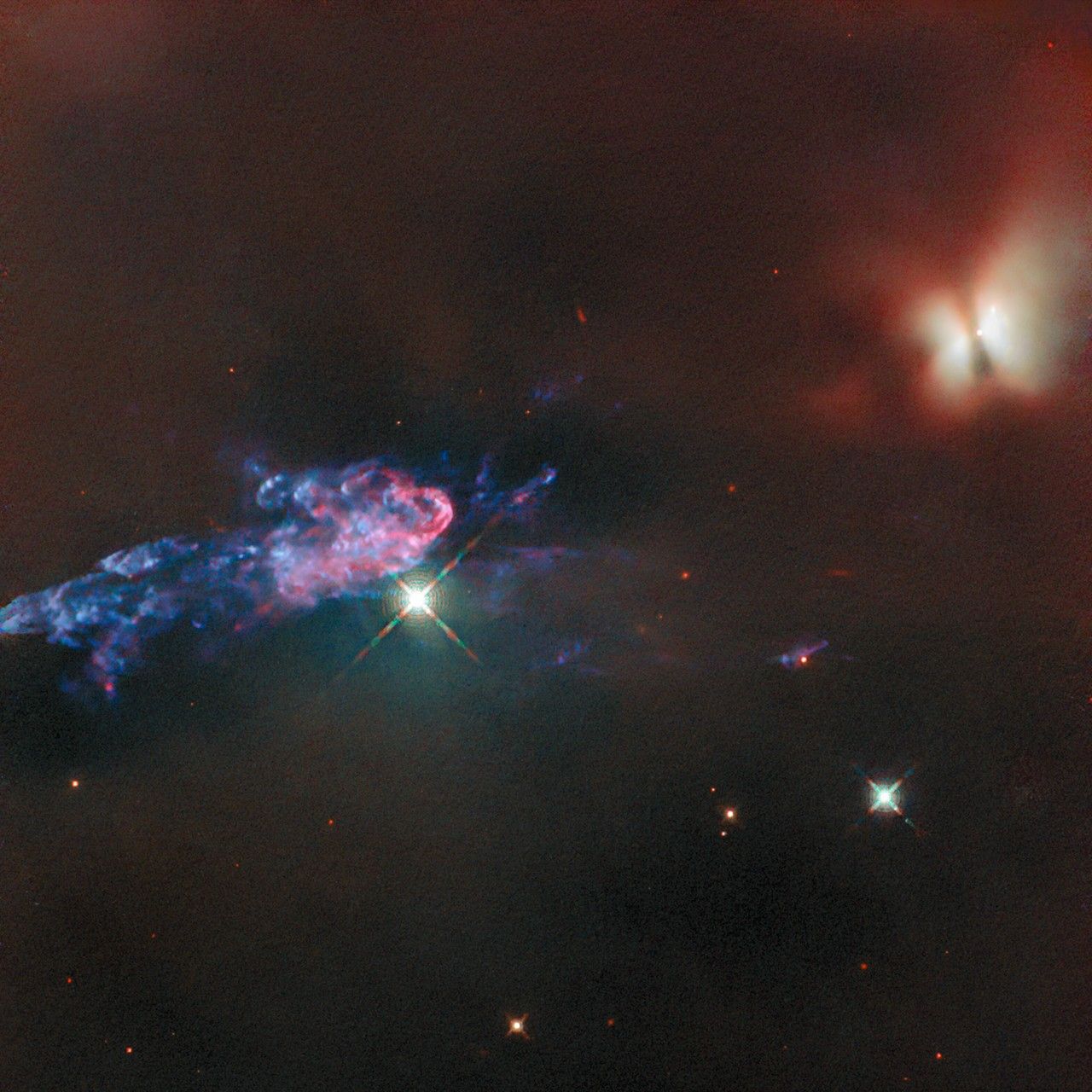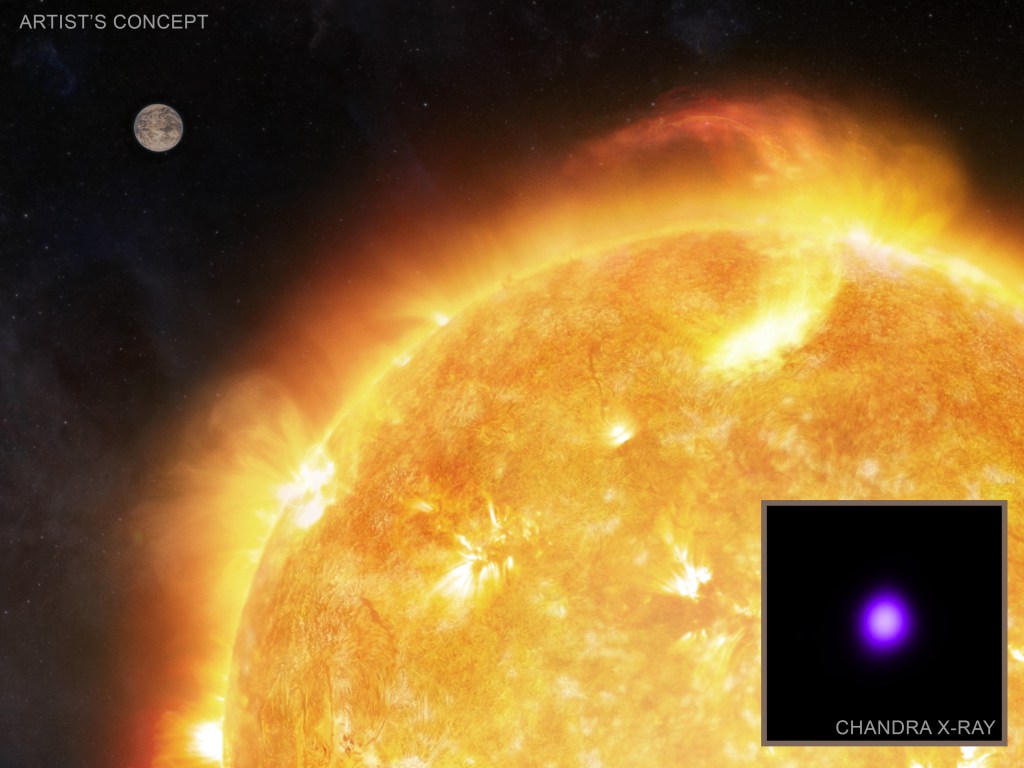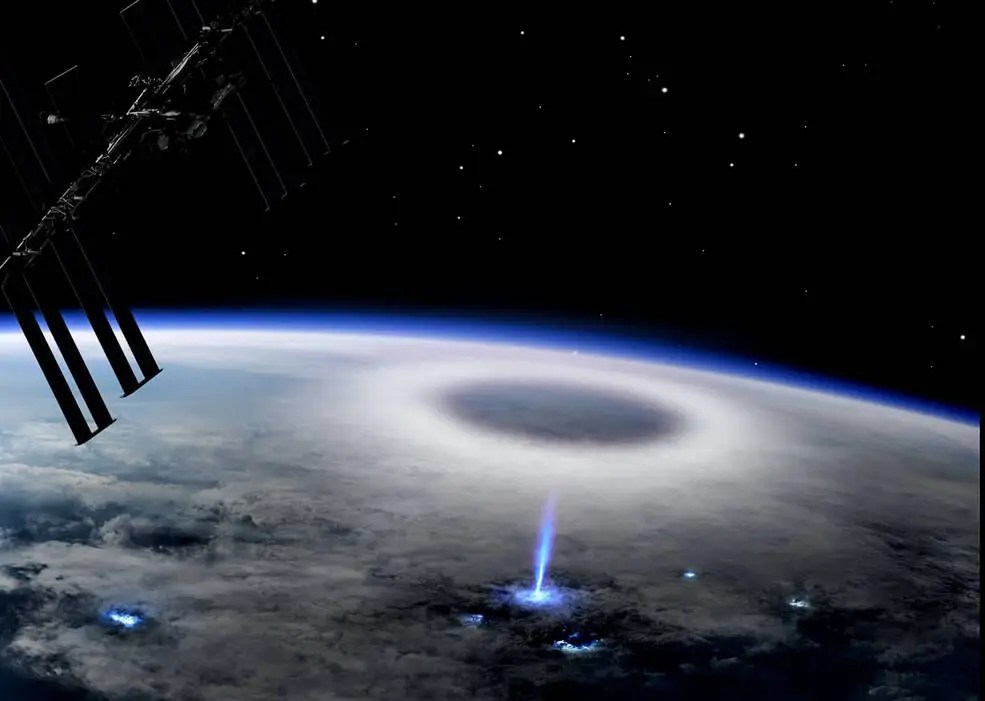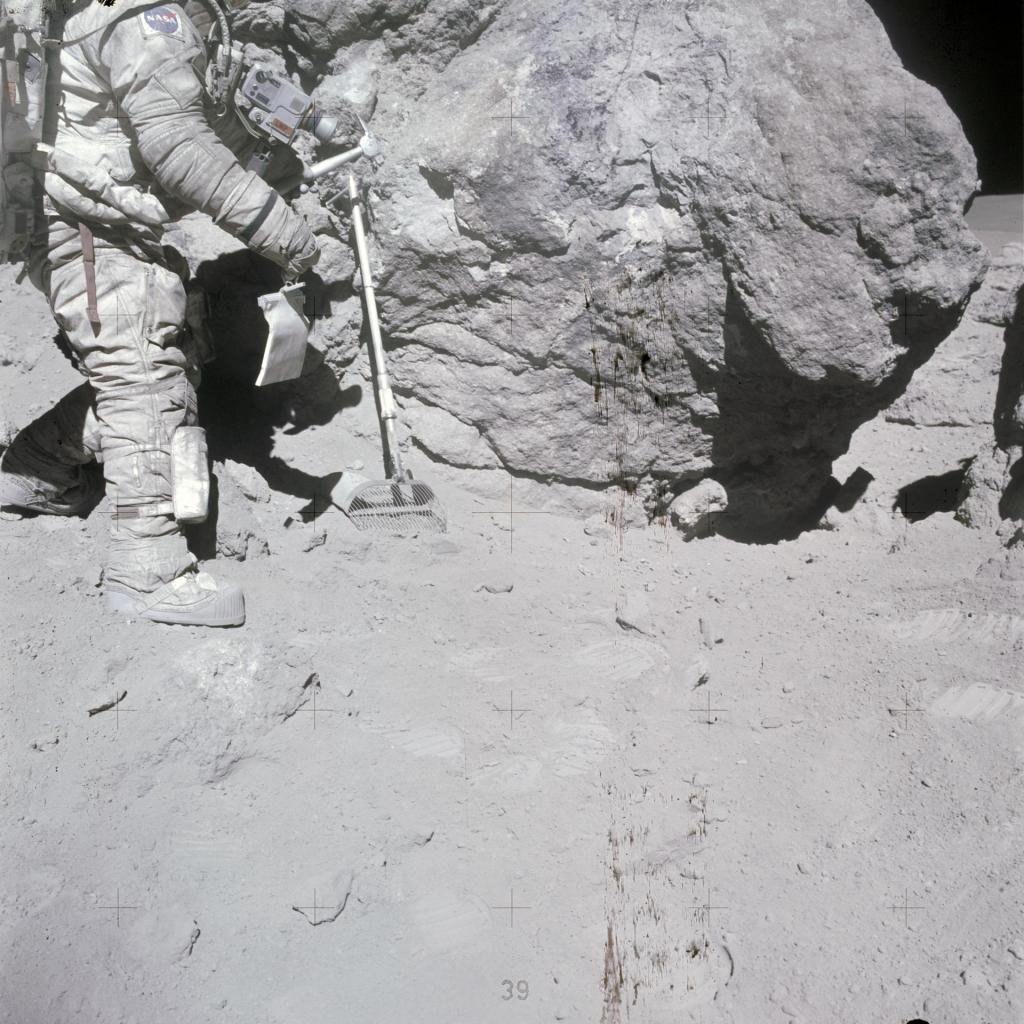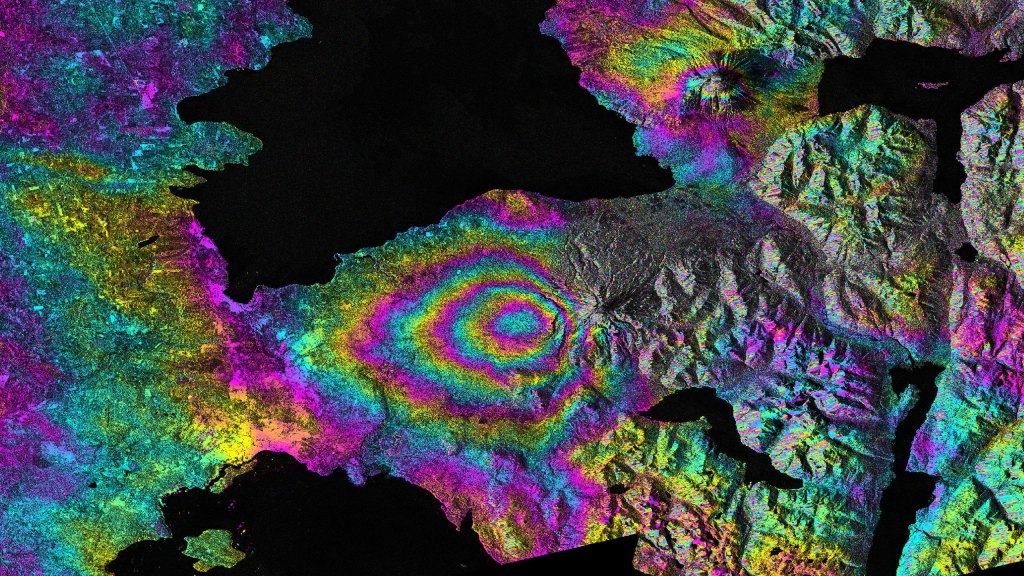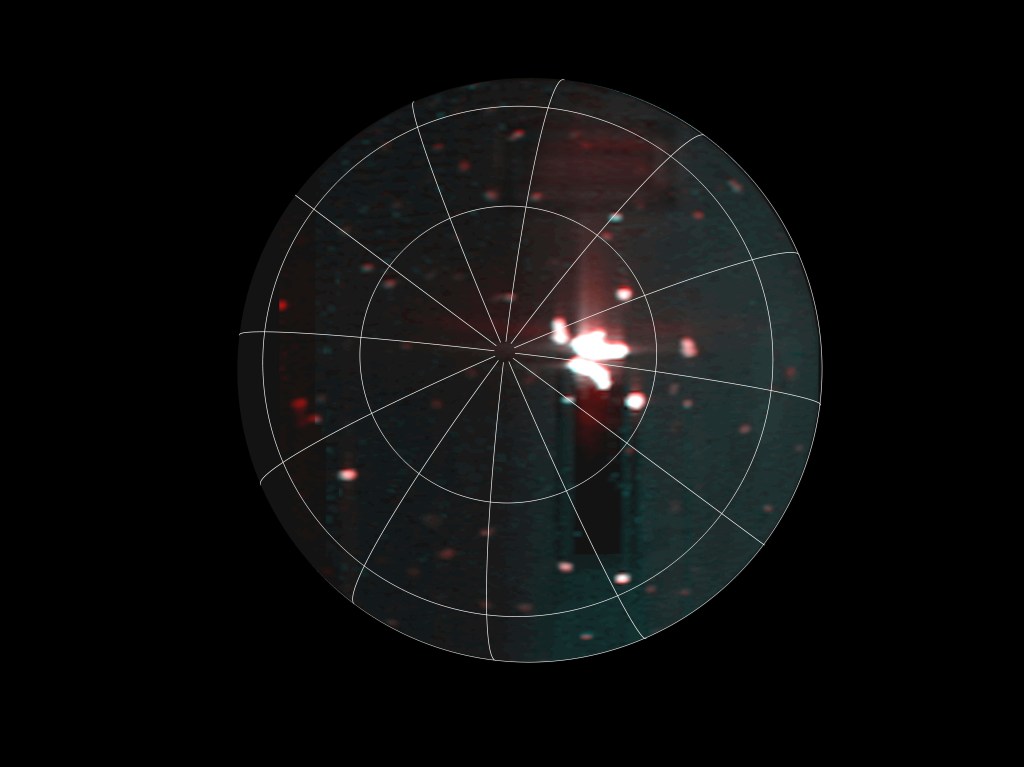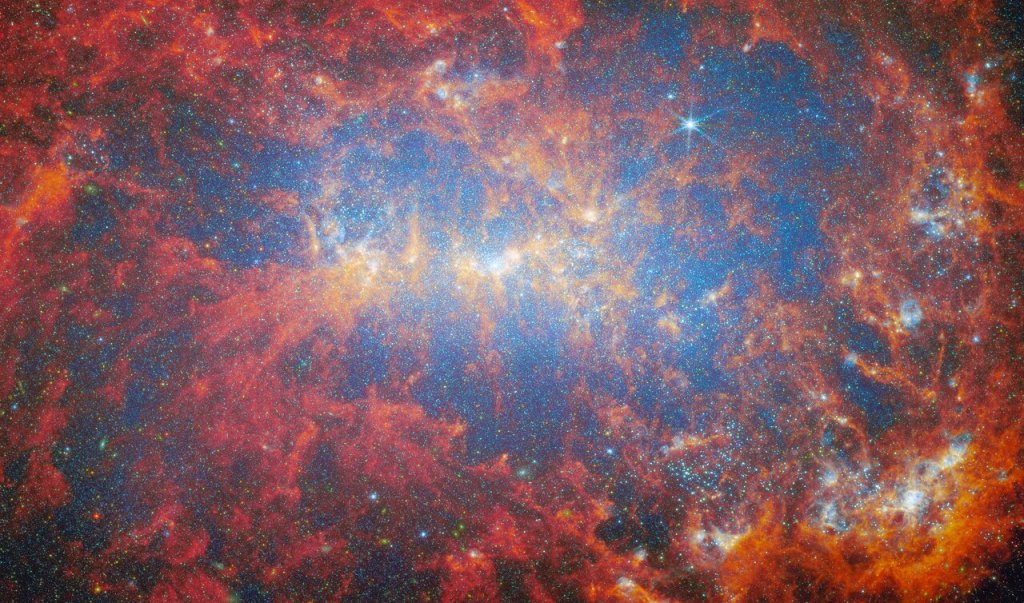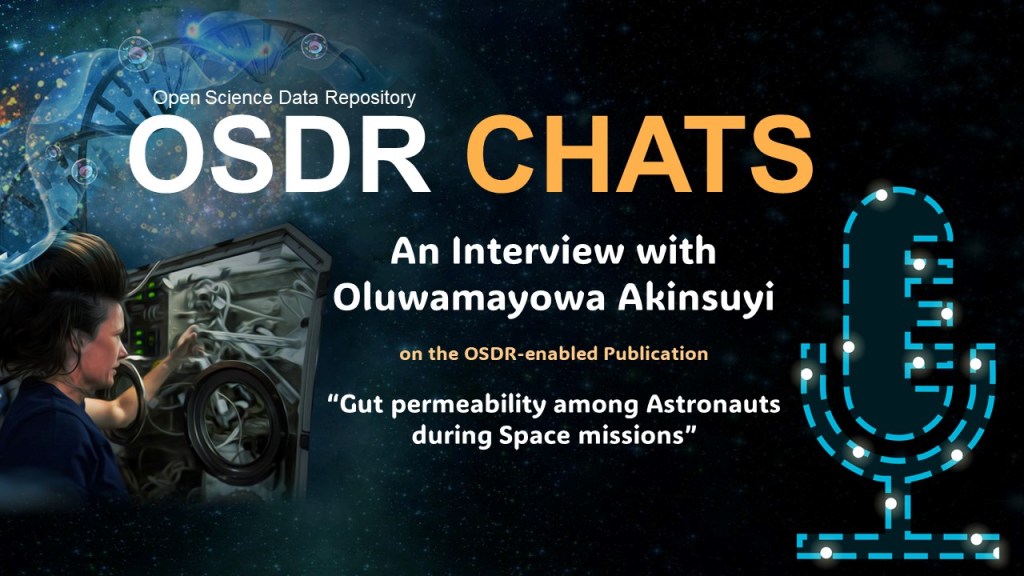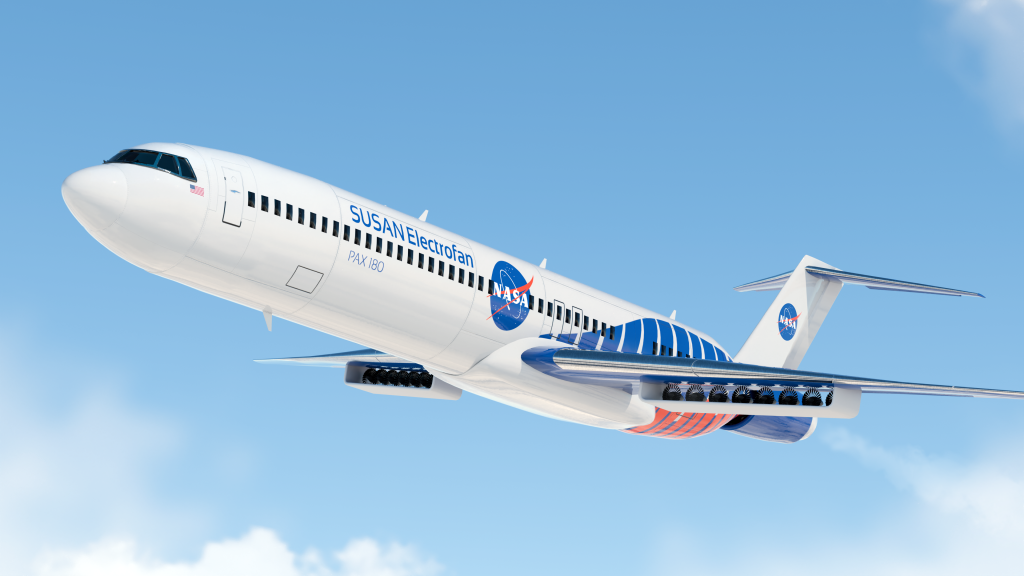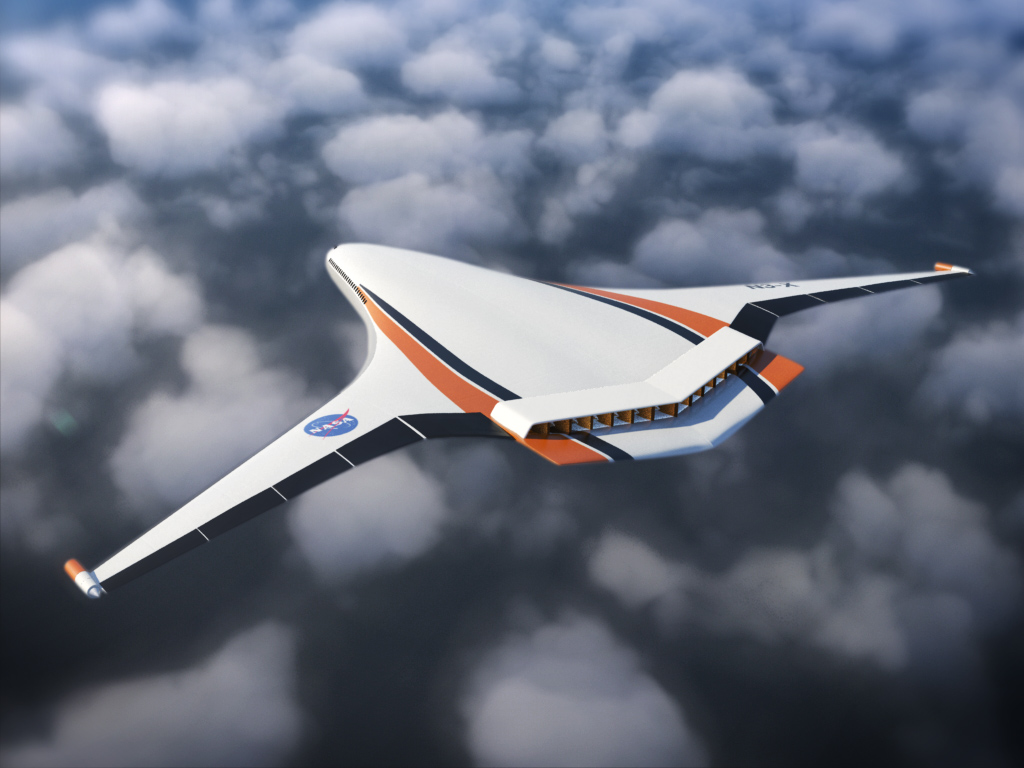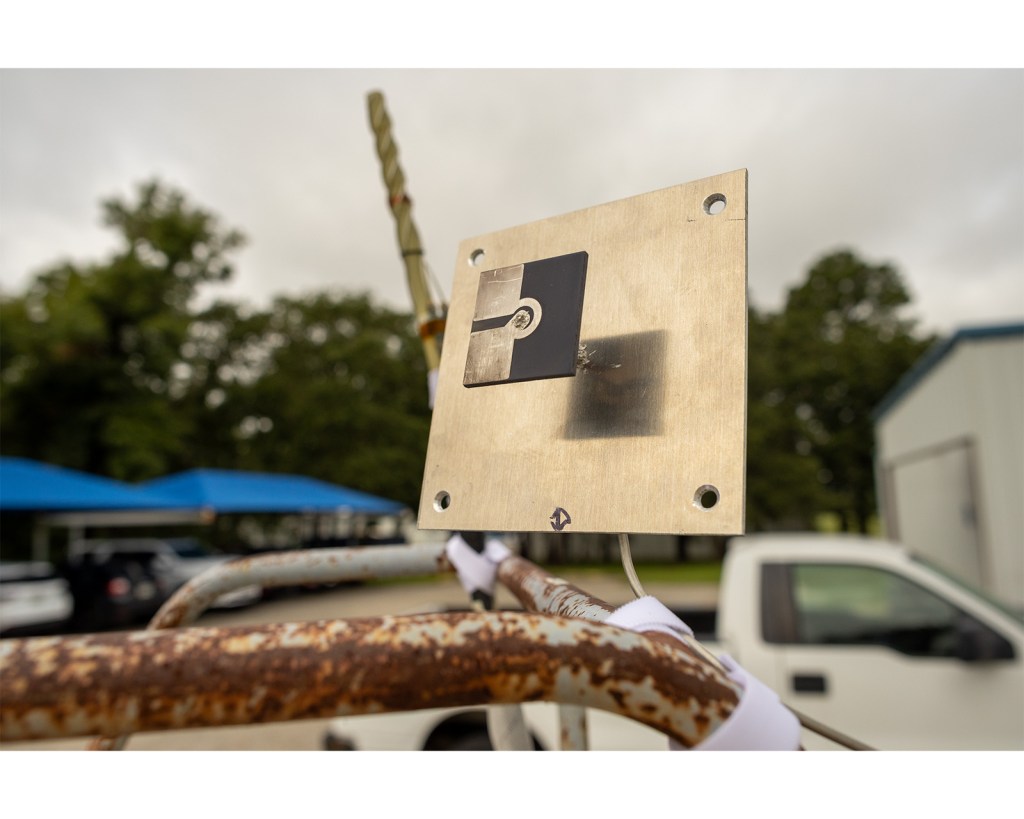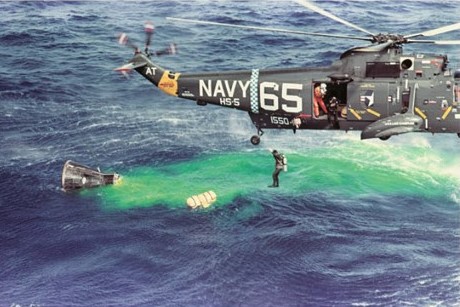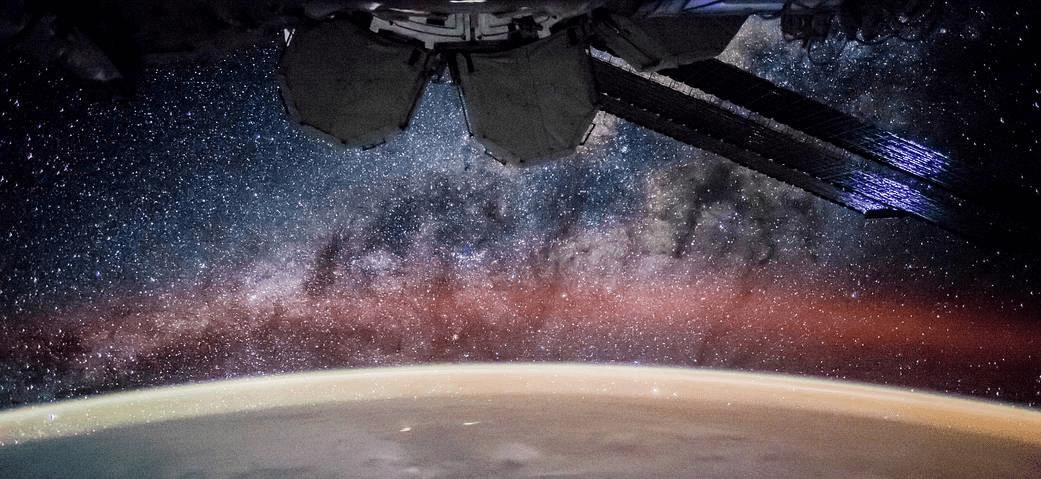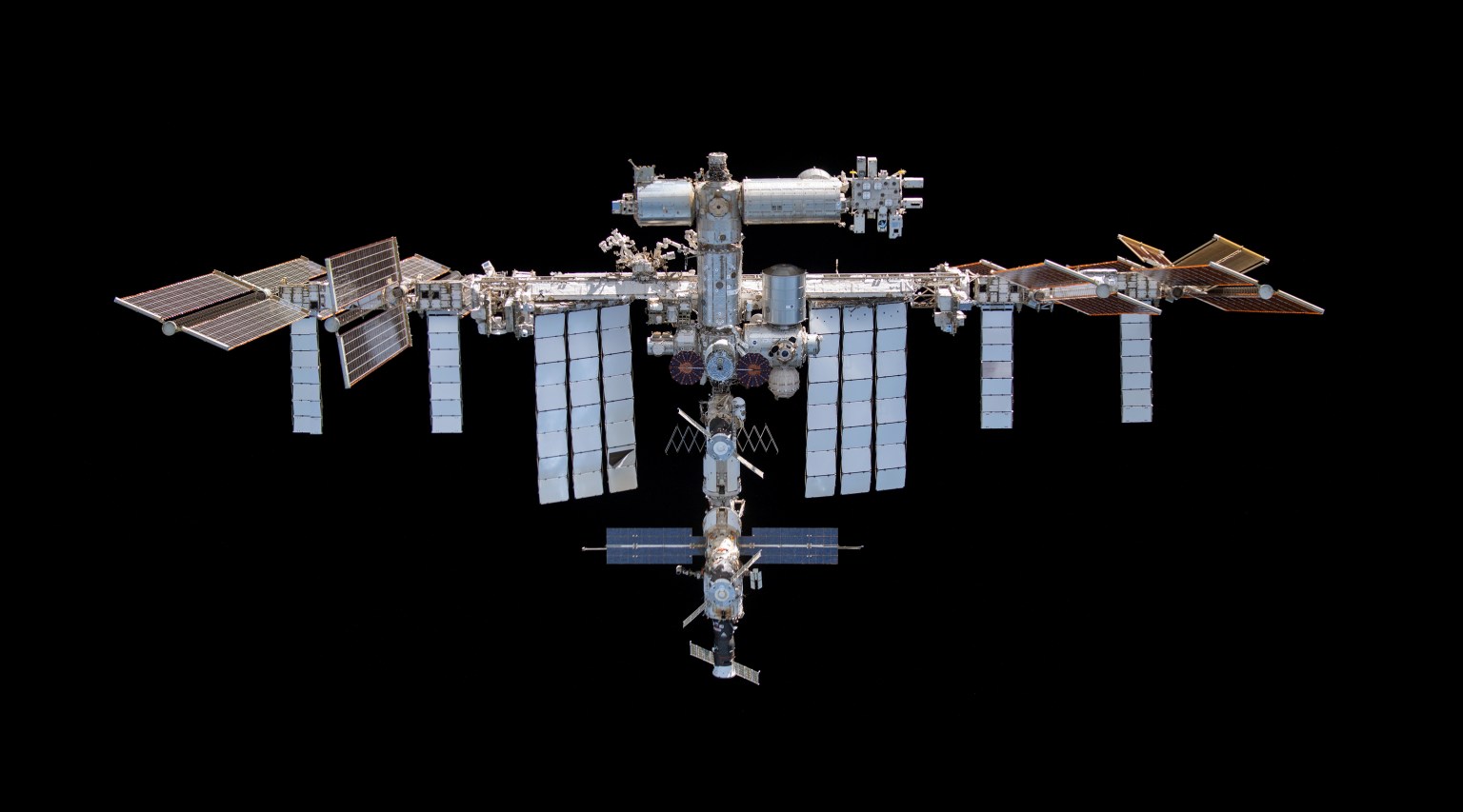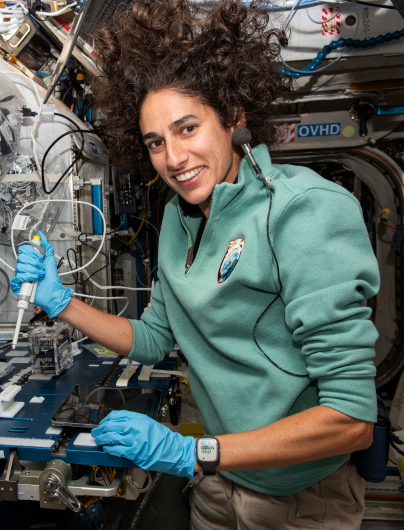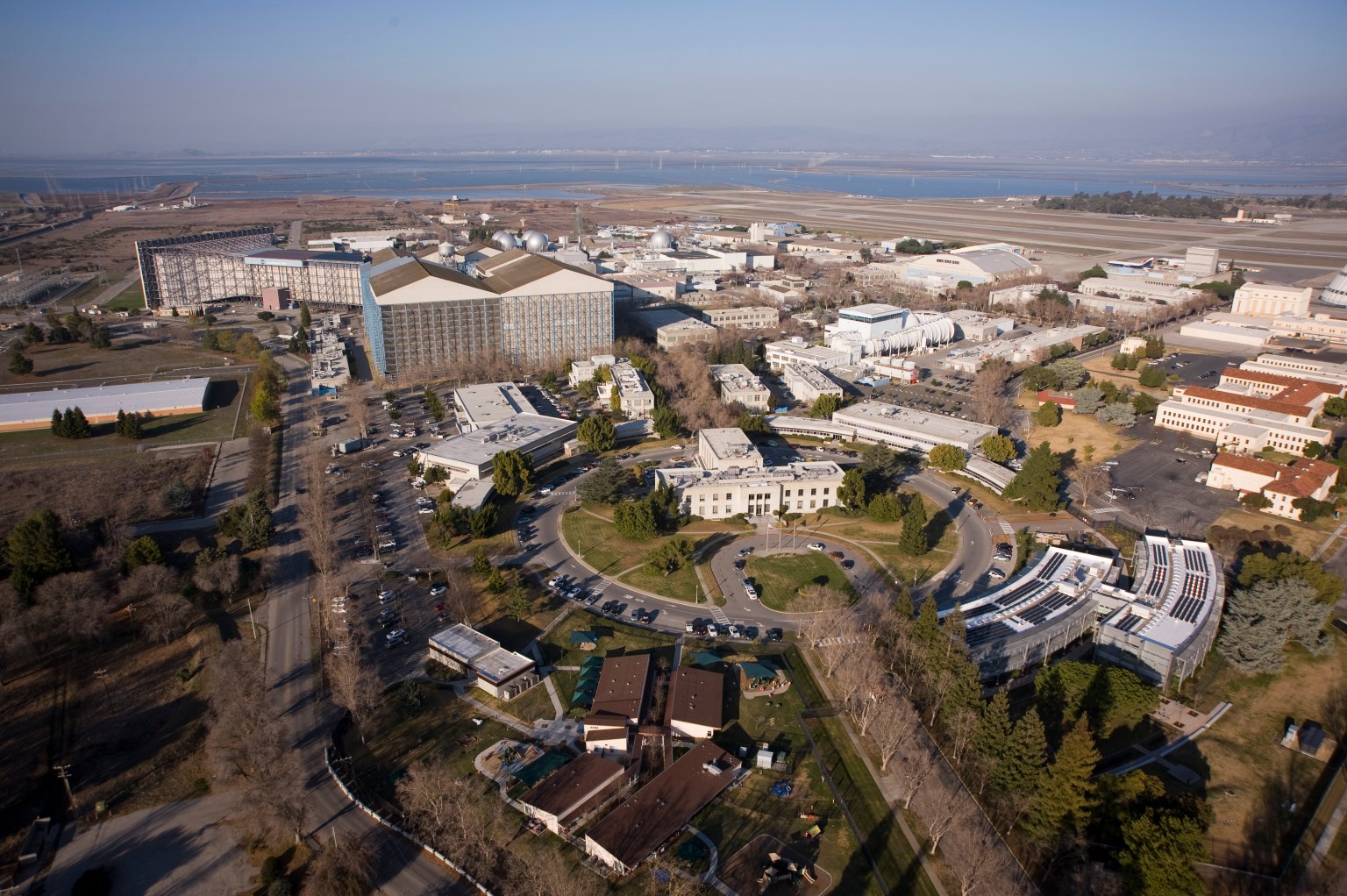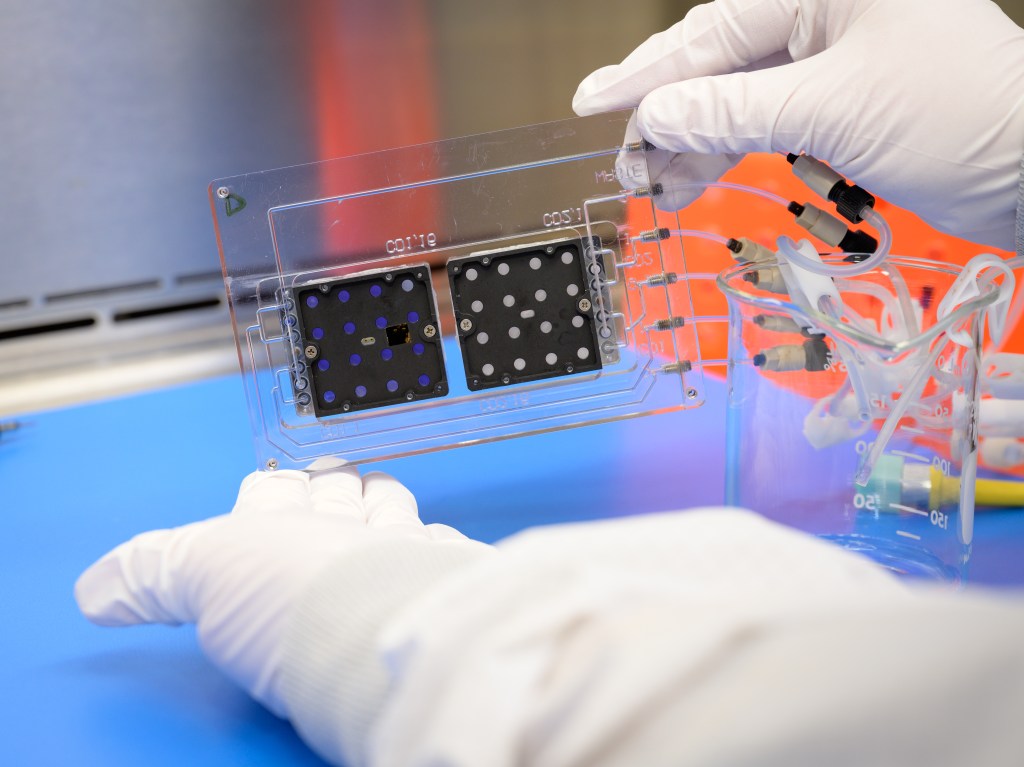
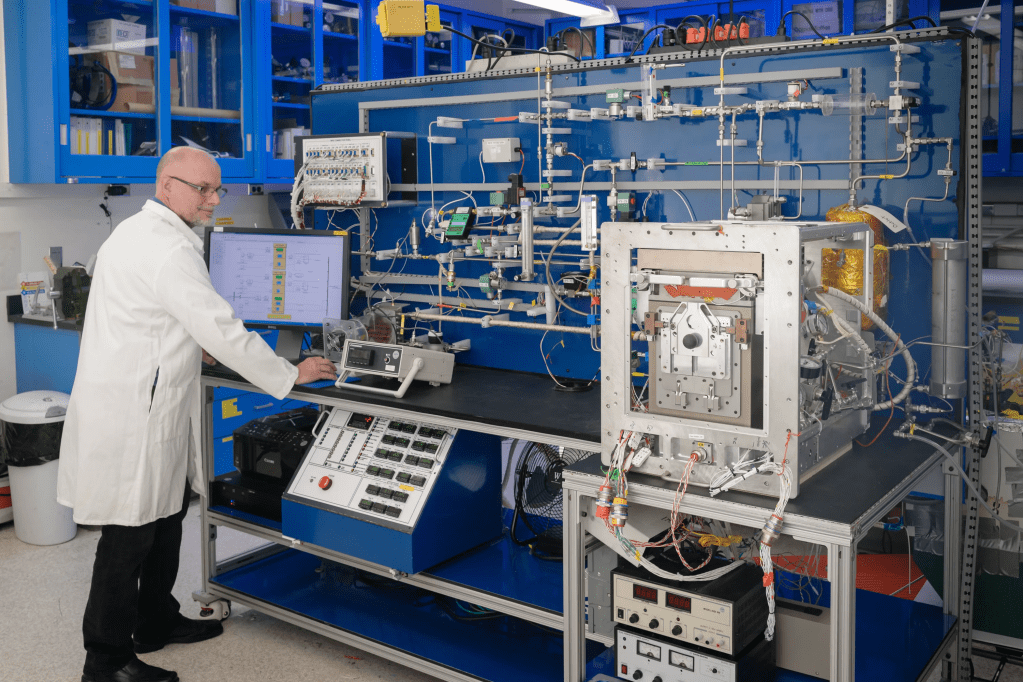
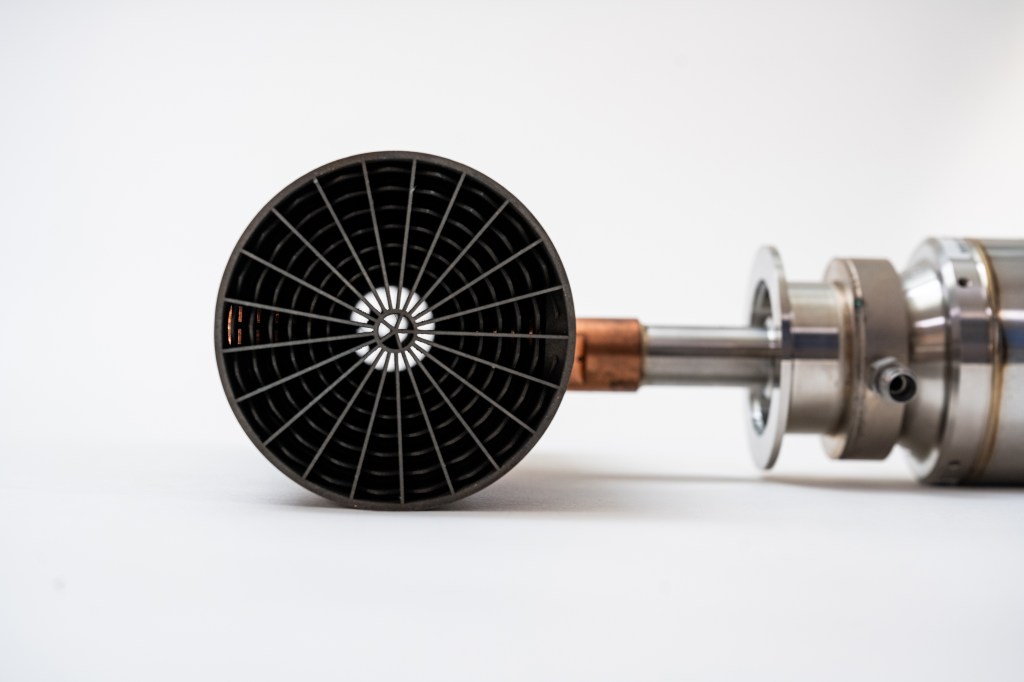
Bioengineering Branch
Future human missions beyond low Earth orbit will require the development of technologies that minimize launch mass and resupply costs, while providing a high degree of reliability and self-sufficiency. Currently, the Closed-Loop Environmental Control and Life Support System (ECLSS) on the International Space Station (ISS) consists of subsystems that enable humans to live and work in the space environment.
The Bioengineering Branch (SCB) works collaboratively with other NASA centers to maintain the current ECLSS on the ISS. It is also developing the next generation of regenerative technologies to enable humans to live beyond low Earth orbit for extended periods. Research expertise and technology development areas include atmosphere revitalization and trace contaminant control, water recovery, and logistics reduction including solid waste management, in situ resource utilization, and synthetic biology.
The ongoing research and development efforts are integral to achieving the ambitious goals of space exploration. By pioneering advanced life support systems and biotechnologies, we are paving the way for sustainable human presence beyond low Earth orbit. In addition, these technologies can be transferred to terrestrial applications to enhance life here on Earth.
Branch Chief
Yasaman Shirazi
Assistant Branch Chief
Dennis Leveson-Gower
Research and Technology Development Capabilities Areas
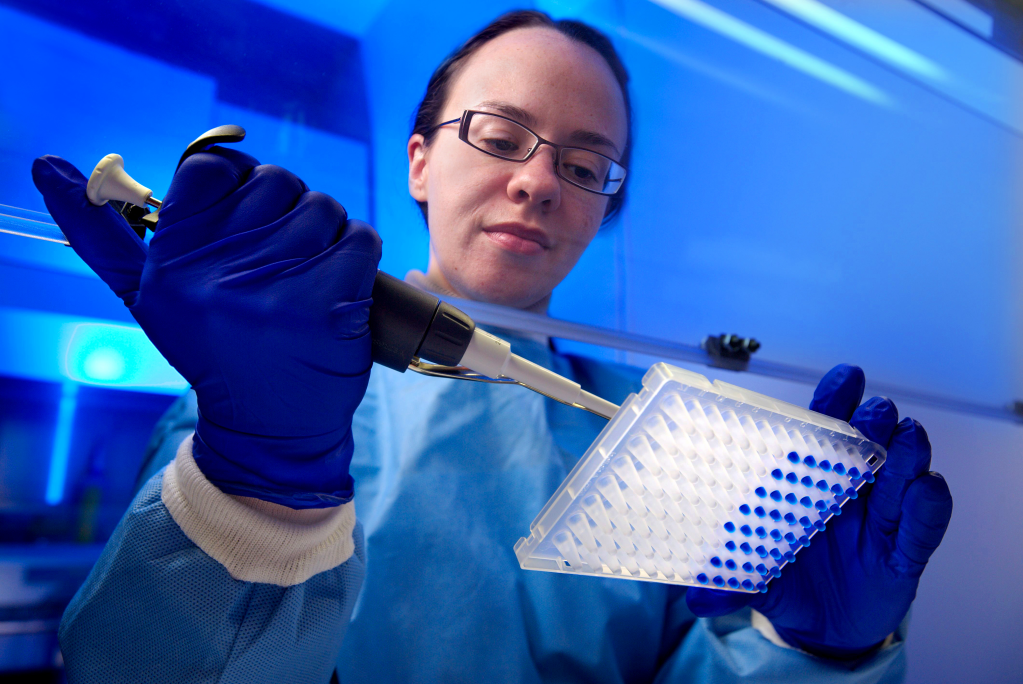
Analytical Chemistry Lab
The Analytical Chemistry Lab is a full-service analytical chemistry lab supporting a wide variety of gas and liquid sample analysis needs for the branch, as well as other researchers, on an as-needed basis. The lab manager/chemist also acts as a consultant on different projects regarding analytical methods.

Atmosphere Revitalization
The Air Revitalization group develops advanced technologies to remove carbon dioxide and other contaminants from cabin atmospheres and to facilitate their transformation into safe and useful products. The air revitalization staff are subject matter experts in several physio-chemical methods applicable to this field, including the development and application of solid and liquid sorbent materials as well as cold surface deposition.
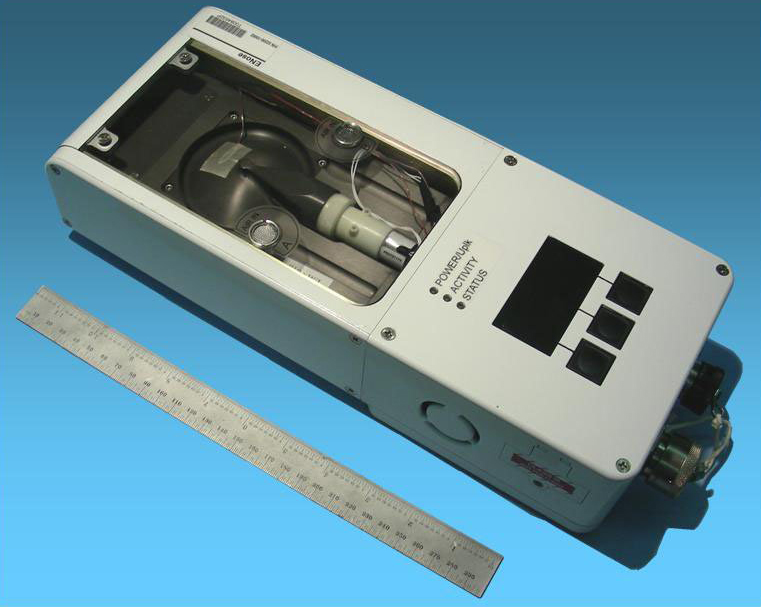
E-Nose
Exhaled breath analysis offers a noninvasive way to detect diseases via biomarkers. NASA's portable E-Nose enables real-time health monitoring, crucial for astronaut safety, and supports applications like air quality, food safety, and process control.
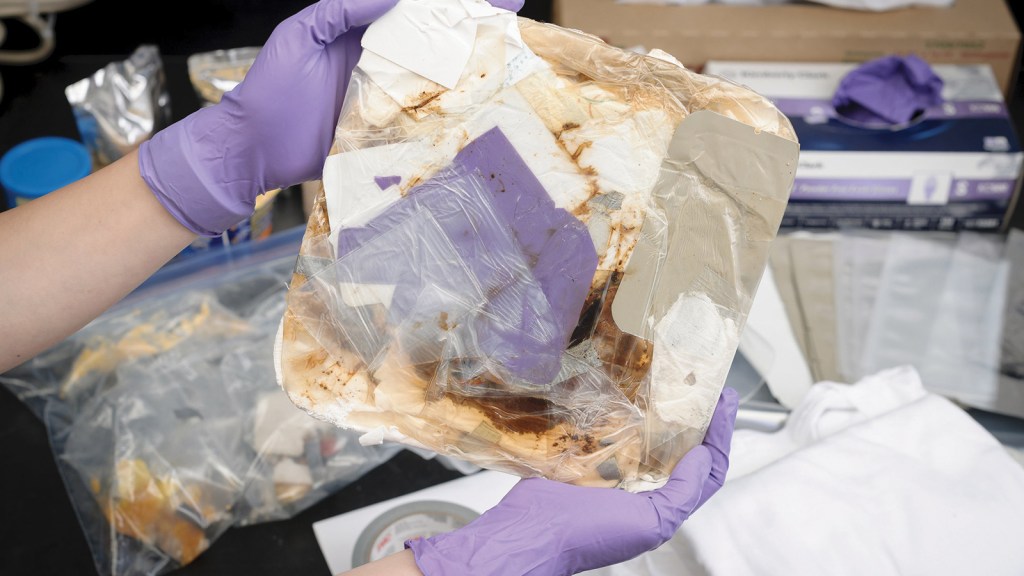
Logistic Reduction
The Logistic Reduction group is comprised of subject matter experts dedicated to developing technologies for volume reduction, water and other resource recovery, and the microbial and chemical safening and repurposing of waste materials. Recently, the group has begun examining technologies to optimize solid waste processing systems and their conversion for use in various NASA missions, including the Artemis and Mars missions.
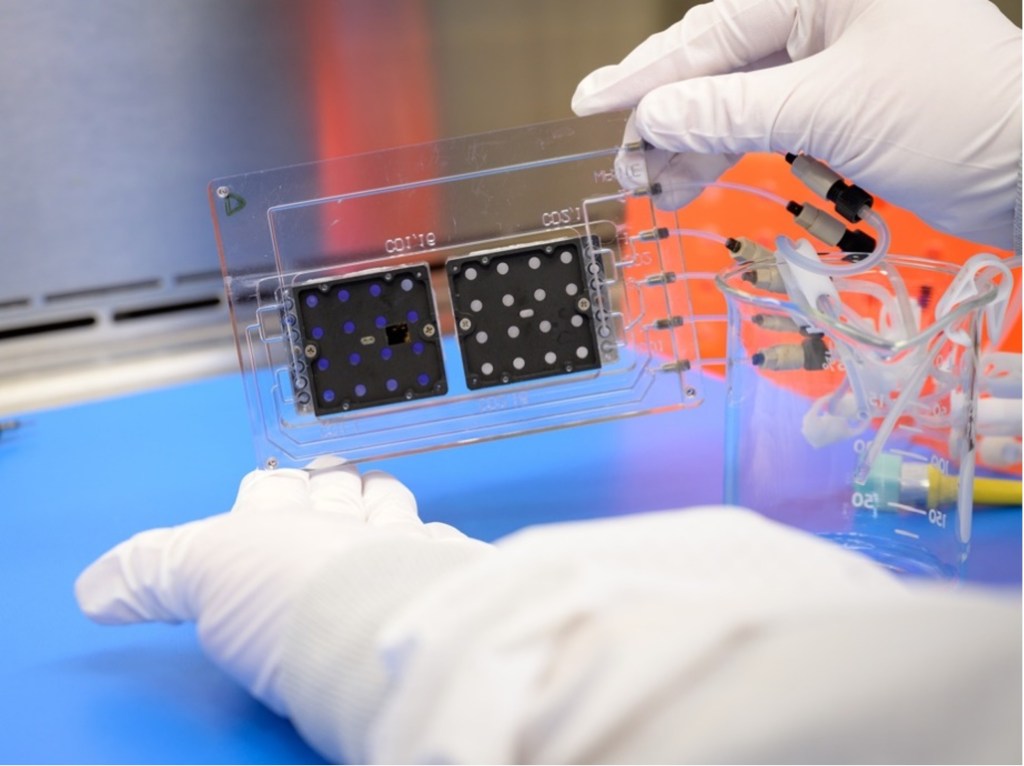
Synthetic Biology
The Synthetic Biology Group engineers biological systems to provide critical resources for space exploration, including food, life support, and materials. Current efforts include BioNutrients, CO2-based Manufacturing, Lunar Explorer Instrument for space biology Applications (LEIA), and Space Algae.
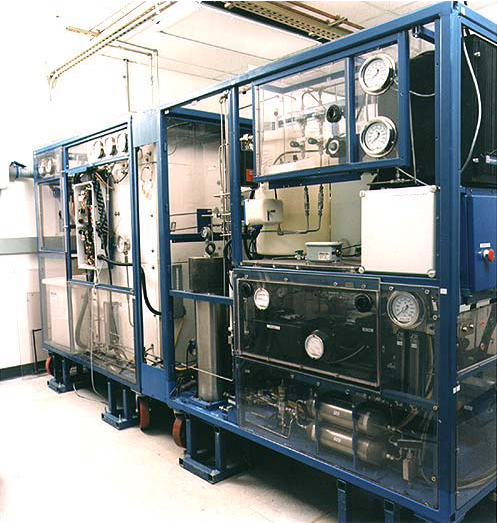
Water Processing and Management
The Water Processing and Management group are subject matter experts in all aspects of water recovery in Environmental Control and Life Support Systems (ECLSS) for short and long-duration missions. Expertise ranges from chemical to mechanical engineering in the development of technologies to significantly improve water recovery rates, increase reliability, and reduce consumables.

